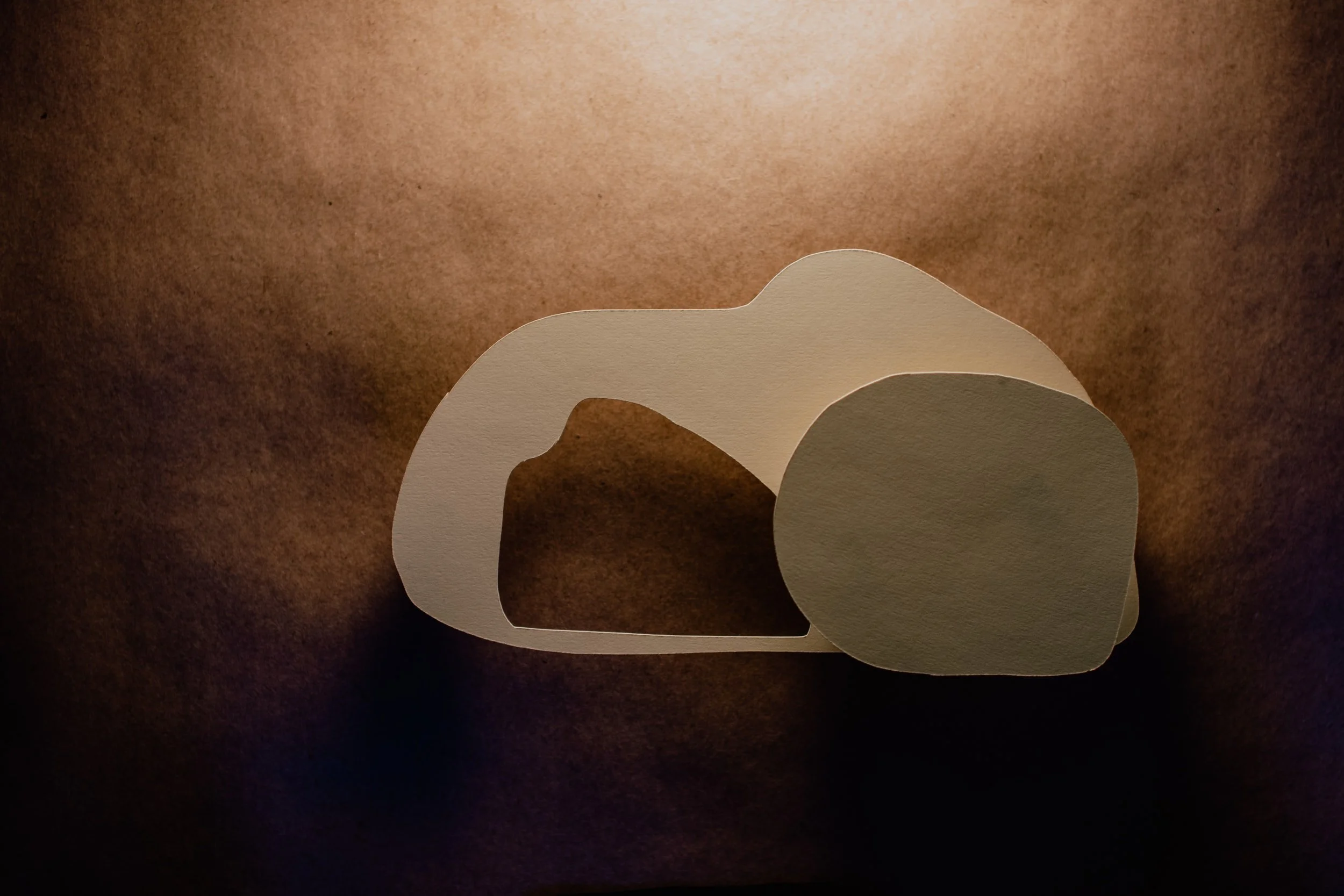Most people I have met, who are not Christians (and even some who are!), do not believe in the bodily resurrection of Jesus Christ. It’s too big a miracle – even for some Christians. Yet, this miracle is the whole end point of Christianity. That human beings who trust God, receive new life through Jesus Christ. The cross of Christ, though absolutely critical in dealing with our sins that are deserving of the wrath of God – and the death penalty - is one side of the Easter coin. The resurrection of Jesus Christ is the other side of the Easter coin.
One coin. Two sides. The Easter coin, if you like.
The resurrection provokes many responses and raises many questions. Most of my unbelieving friends, though polite and respectful towards me, consider the resurrection an overblown fable, a myth – it never actually occurred. The primary reason why many cannot believe the miracle of the resurrection, as it is recorded in the gospels, is because they don't believe that the supernatural exists. There are no such things as miracles. The “miracles” referred to in scripture were just ancient rationale for explaining what couldn’t be explained ‘scientifically’ back then. See, we know better today. I’m sure you’ve heard the arguments.
The rationale is that, “Well, I have never experienced a miracle, therefore they cannot happen.” That’s a pretty arrogant and limited rationale, by the way. And it’s not at all scientific, either.
Many people stop there and cannot get any further – but because they have not experienced something thus far, doesn't mean they cannot ever experience it in the future. (Or, that it has never been experienced in the past). All we can argue is that, personally speaking, we ourselves have never experienced something. And that part is true, obviously. But the nature of the resurrection miracle matters to us. It’s critical to, central to, our faith. Without it we have no faith, as the apostle stated:
1 Corinthians 15:17-22 (NIV)
“And if Christ has not been raised, your faith is futile; you are still in your sins. 18 Then those also who have fallen asleep in Christ are lost. 19 If only for this life we have hope in Christ, we are of all people most to be pitied. 20 But Christ has indeed been raised from the dead, the firstfruits of those who have fallen asleep. 21 For since death came through a man, the resurrection of the dead comes also through a man. 22 For as in Adam all die, so in Christ all will be made alive.”
The early church was built on the miracle of Jesus’ resurrection and their testimony of the new life in Christ they were experiencing. Any doubt as to His Messiahship and person was completely refuted. Because of the resurrection the early church exploded in growth. So, how do we come to grips with the anti-miracle arguments?
Those who staunchly argue that miracles are fantasy often turn to science for backup, as I mentioned, yet science cannot prove that a miracle can or cannot happen. In fact, that is not the task of science at all! The task of science is to examine all kinds of evidence in the natural realm to explain something sensibly – it cannot assess anything supernatural on the basis of the natural, at all. It has no means, no apparatus, no tools for doing so.
By far the greatest evidence we have for the miracle of the resurrection – apart from the many eyewitnesses who saw Jesus in the flesh afterward – is the dramatic change that took place in the lives of His followers. Instead of cowering in fear from the authorities after the crucifixion of Jesus, on Easter day and following they are now boldly proclaiming the Jesus had risen – and many signs and wonders followed. Many died as witnesses to the resurrection. In a few short decades the gospel message had spread to the extremities of the Roman Empire – nothing could stop it. Thousands died as martyrs for daring to proclaim the resurrection. And many thousands have died over the centuries for exactly the same proclamation.
How does science explain this? It cannot. At best it might suggest mass deception, or hysteria, or the like – but for 2000 years, plus? That’s not rational, let alone reasonable.
The witness of the early church, and of Christians ever since may not be “scientific” evidence for the miracle of the resurrection of Jesus – but it is evidence, nevertheless. Eyewitness evidence in any court carries as much weight as does forensic evidence – sometimes more. Just as love is not scientifically explainable, and is often extremely irrational, so is the miracle of the resurrection. But the miracle becomes real in personal experience, by faith – not scientific hypotheses and such.
God and His activity in the world cannot be measured by science – He is far beyond the grasp, or measure, or assessment of science. But He is accessible to human beings … by faith, because of the death and resurrection of Jesus the Christ.
That’s the miracle of Easter.
John 1:11-13 (NIV)
“He came to that which was His own, but His own did not receive Him. 12 Yet to all who did receive Him, to those who believed in His name, He gave the right to become children of God— 13 children born not of natural descent, nor of human decision or a husband's will, but born of God.”
Selah!
Ps Milton

